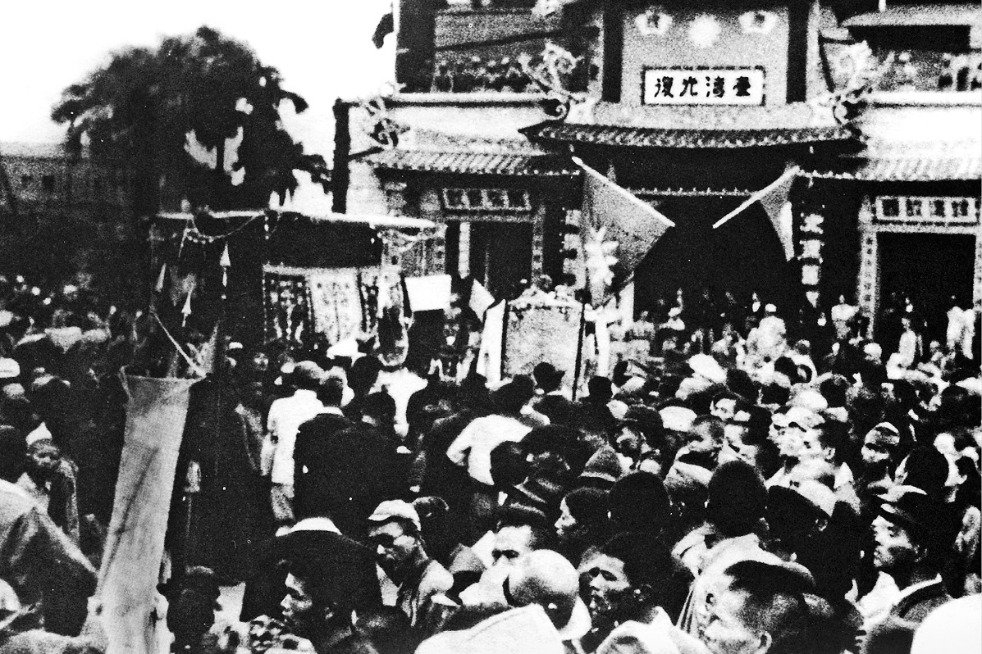Hainan's new arbitration rules aim for global legal credibility
Province targets efficient, enforceable dispute settlement for intl investors

Hainan has introduced new arbitration regulations aimed at enhancing its role in international business dispute resolution, strengthening legal trust among global investors and advancing its free trade port ambitions.
The rules, which allow for ad hoc arbitration, mark the 31st set of regulations enacted under the Law of the People's Republic of China on the Hainan Free Trade Port, adopted in 2021. They are designed to offer companies a faster, more flexible alternative to traditional litigation, producing decisions enforceable globally.
Under the updated framework, businesses registered in Hainan, along with foreign firms, and companies from Hong Kong, Macao and Taiwan, can resolve commercial disputes through ad hoc arbitration. Parties can select their own arbitrators, customize procedures and choose from international rules, offering greater autonomy than traditional institutional arbitration.
"Ad hoc arbitration is cost-effective, efficient and tailored to international commercial needs," said Liu Daojun, head of the Hainan Arbitration Association. A fee guide released last year helps parties estimate costs, which are often lower than traditional institutional arbitration since administrative fees are waived.
Ad hoc arbitration maintains the same procedural and evidentiary standards as institutional arbitration while offering greater efficiency, said Hu Zhen, an ad hoc arbitrator in Hainan.
"While the standards remain identical, ad hoc arbitration differs in case administration and filing procedures," he said. "It better balances efficiency with fairness through simplified processes that encourage participation by both parties."
The method proves particularly effective for commercial disputes where parties maintain some common ground, Hu said. "When conflicts are not severely polarized, ad hoc arbitration often leads to amicable resolutions that satisfy both sides."
China's 1987 accession to the New York Convention ensures that Hainan's ad hoc arbitration awards can be enforced in 171 countries, making them an attractive option for multinational businesses.
Local authorities say the rules will also apply to niche sectors such as maritime disputes, intellectual property and aerospace, which are key industries in Hainan's development plan.
The move comes as Hainan's arbitration body gains international recognition. Recently, an ad hoc arbitration ruling issued by the Hainan International Arbitration Court was reaffirmed and enforced in a Malaysian court, signaling the province's rising credibility in cross-border dispute resolution.
The case involved a contract dispute over unpaid goods between a Chinese supplier and a Malaysian buyer. The tribunal, led by a Malaysian arbitrator familiar with Chinese and international trade law, ruled for the Chinese company, ordering payment of the dues plus interest.
"This decision demonstrates that Hainan's arbitration rulings carry weight internationally," said a representative of the Hainan International Arbitration Court. The case followed procedural best practices, including conducting proceedings in English and adhering to the UN Convention on Contracts for the International Sale of Goods.
Hainan is positioning itself as a gateway connecting China to Southeast Asia. In November, its international arbitration court signed agreements with Malaysian dispute resolution bodies to strengthen regional cooperation and enhance recognition among ASEAN member states.
"This is not just about resolving disputes — it is about building trust for international investors," a Hainan government official said.
The Hainan International Arbitration Court has 1,358 arbitrators, with about one-third having overseas backgrounds, according to figures from March.
With the new regulations in effect, Hainan hopes to attract more global businesses seeking efficient, enforceable dispute resolution, a critical step toward its goal of becoming a leading free trade hub by 2025.
- China delivers 1st dual-fuel luxury Ro-Ro vessel GNV·VIRGO
- Nyingchi's breathtaking autumn charm
- Shijiazhuang's China-Europe freight trains surpass last year's total by October
- China's electricity consumption maintains steady growth in September
- Vapor swirls over water in spectacular weather phenomenon at Tianchi Lake
- Chinese institutes launch powerful AI model to find disease-causing gene mutations





































